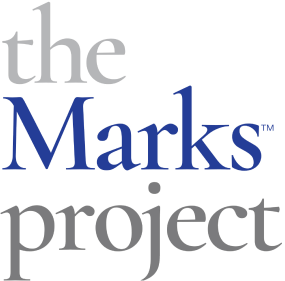![]() Printer version
Printer version
Lindsey Dezman
1988 Born Colorado
EDUCATION
2011 BFA Colorado State University, Fort Collins, Colorado
2012 Post Baccalaureate, Oregon College of Art & Craft, Portland, Oregon
2014 MFA Cranbrook Academy of Art, Bloomfield Hills, Michigan
PRIMARY WORK EXPERIENCE
2011-2012 Guest Lecturer, Catin Gable, Portland, Oregon
2015 Adjunct, College for Creative Studies, Detroit, Michigan
2015-2017 Adjunct, Oakland Community College, Royal Oak, Michigan
2016-2017 Instructor, Pewabic Pottery, Detroit, Michigan
2016-2017 Adjunct, Wayne County Community College, Taylor, Michigan
2017 Adjunct Indiana University Southeast, New Albany, Indiana
APPRENTICESHIPS & RESIDENCY
2011 Summer Resident, Odyssey Center for the Ceramic Arts, Asheville, North Carolina
2014 Assistantship Resident, Guldagergaard, International Ceramic Research Center, Skælskør, Denmark
2015 Resident, ACRE (Artist Coopertive Residency and Exhibition), Steuben, Wisconsin
2016 Richardson-Spica Fellow, Artist in Residence at Interlochen Center for the Arts, Interlochen, Michigan
2017 Resident Artist, Indiana University Southeast, New Albany, Indiana
BIOGRAPHY
Lindsey Dezman makes abstract sculptural ceramic forms using nontraditional approach to making. Her focus is on systematically exploring different types of clay and their use.
Sometimes Dezman's scientific approach is more literal, in the case of Basin Series Dezman studied different clay bodies and their many reactions to different firing temperatures, and displayed them in groups illustrating different effects of the firing temperatures: colors and sheen, cracking, melting and even boiling.
Dezman is influenced by a materials ability to reflect time and life. In one shelf installation, Dust Plates, the surface of shallow porcelain wheel thrown open vessel forms catalog and document dust swept from the floors of her home. Each plate is fired with a week’s worth of dust sweepings placed on its surface creating a shadow or ‘burnout’ effect. The plates remain unglazed, while the mark on the underside of each plate document the date that the dust was collected and cataloged. In another project Dezman uses shards from the past, “successful” and “unsuccessful” ceramic works. The shards are comingled and reassembles to create a 3D mosaic vessel. Epoxy and grout is used in this process.
PUBLIC COLLECTIONS
Cranbrook Museum of Art, Bloomfield Hills, Michigan
Guldagergaard, International Ceramic Research Center, Skælskør, Denmark
Icheon World Ceramic Center, Gwango-Dong, South Korea
New Mexico State University, Las Cruces, New Mexico
WEBSITE(S):
Method: Thrown, Mosaic, Hand-Built
Surface Technique: Glaze
Method: Thrown and Altered, Mosaic, Hand-Built
Surface Technique: Glaze
Citation: "The Marks Project." Last modified June 15, 2023. http://www.themarksproject.org:443/marks/dezman




























